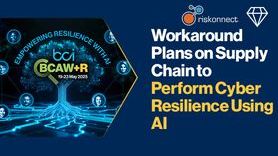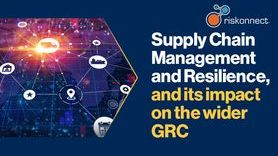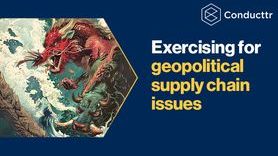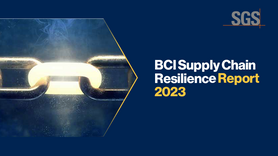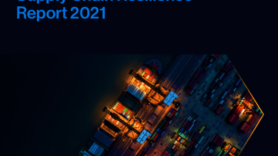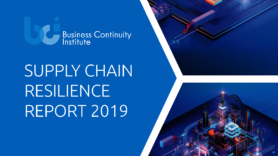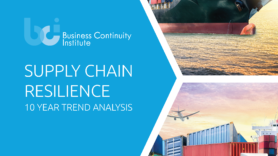Smelly dirty secrets: Reputational impact of supply chains
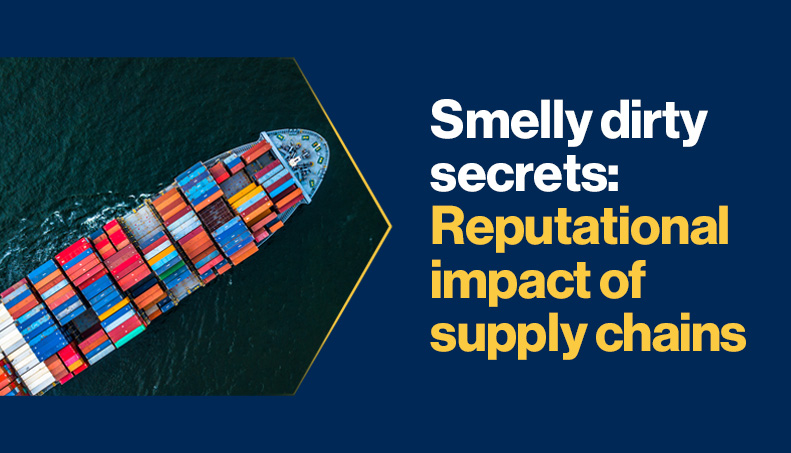
A recent report from the BBC has uncovered prestigious beauty brands employed minors to create their luxury perfumes, despite clear policies outlining supply chain transparency and a zero-tolerance approach to child labour.
The report, released on 28th May, is the result of an undercover BBC investigation into perfume supply chains during the summer of 2023. According to the BBC, almost half of the world’s jasmine flower supply comes from Egypt. It’s an essential perfume ingredient, but major brands have squeezed their budgets and created lower pay for jasmine pickers who say that they need to involve their children to make ends meet.
This report highlights the difficulties organizations face over supply chain management, including a lack of oversight on global supply chains and the reliance on third party auditing systems used to monitor them. A lack of supply chain mapping and analysis was highlighted by the BCI Supply Chain Resilience Report 2023 where just a third of respondents reported that their top management’s commitment to managing supply chain risk was high. Despite 37.3% of respondents experiencing supply chain disruptions within their first tier of the chain, only 20% of organizations used technology to develop a credible, tiered supply chain map, and the relationships between tiers, to oversee and model the potential consequence of supply chain disruptions to their business.
Another significant business continuity impact from this report is its reputational damage for the concerned organizations involved in unethical practices, such as child labour policy breaches. The BCI Supply Chain Resilience Report 2023 highlights 9.5% of organizations experienced a business ethics incident within the past 12 months, with 57.6% of those respondents impacted by reputational damage ranging from severe to limited.
In terms of resilience, practitioners should examine their organization’s supply chain governance and seek to identify issues, such as unaudited independent workers used by suppliers, and ensure their auditing systems are fit for purpose. To mitigate reputational risk, ensuring organizational actions meet public policy is vital because gaining a reputation for poor ethical considerations can have a significant and longstanding impact on investor and customer views (Link).
Business continuity professionals should also consider the growing importance given to ethical considerations from customers and their potential impact on their brand and products in the longer term. Putting business continuity plans in place not only enhances supply chain visibility and credibility but also, if an event occurs, mitigates its effect on organizations. Many professionals ensure smooth communication lines between their external communications and/or PR teams, working together to ensure both parties are aware of the potential risks to the organization.
The survey for the BCI Supply Chain Resilience Report 2024 seeks to understand risk and threats surrounding organizations’ supply chains, and provides insights into how practitioners manage said risks. It presents a unique opportunity to monitor supply chain evolution and benchmark organizational strategies. Please take this short survey to contribute your experience as we seek to delve further into the risks, the threats, and good practice in supply chain resilience.






